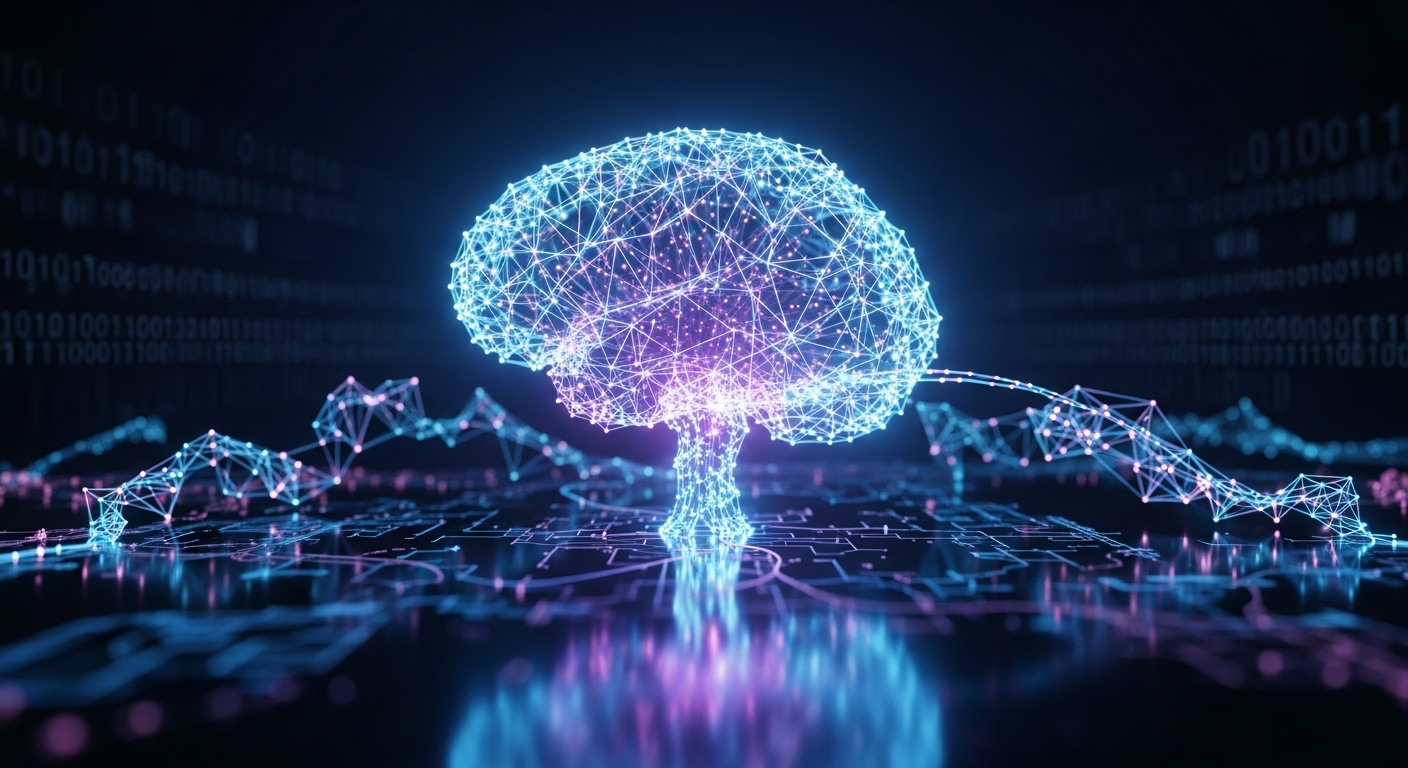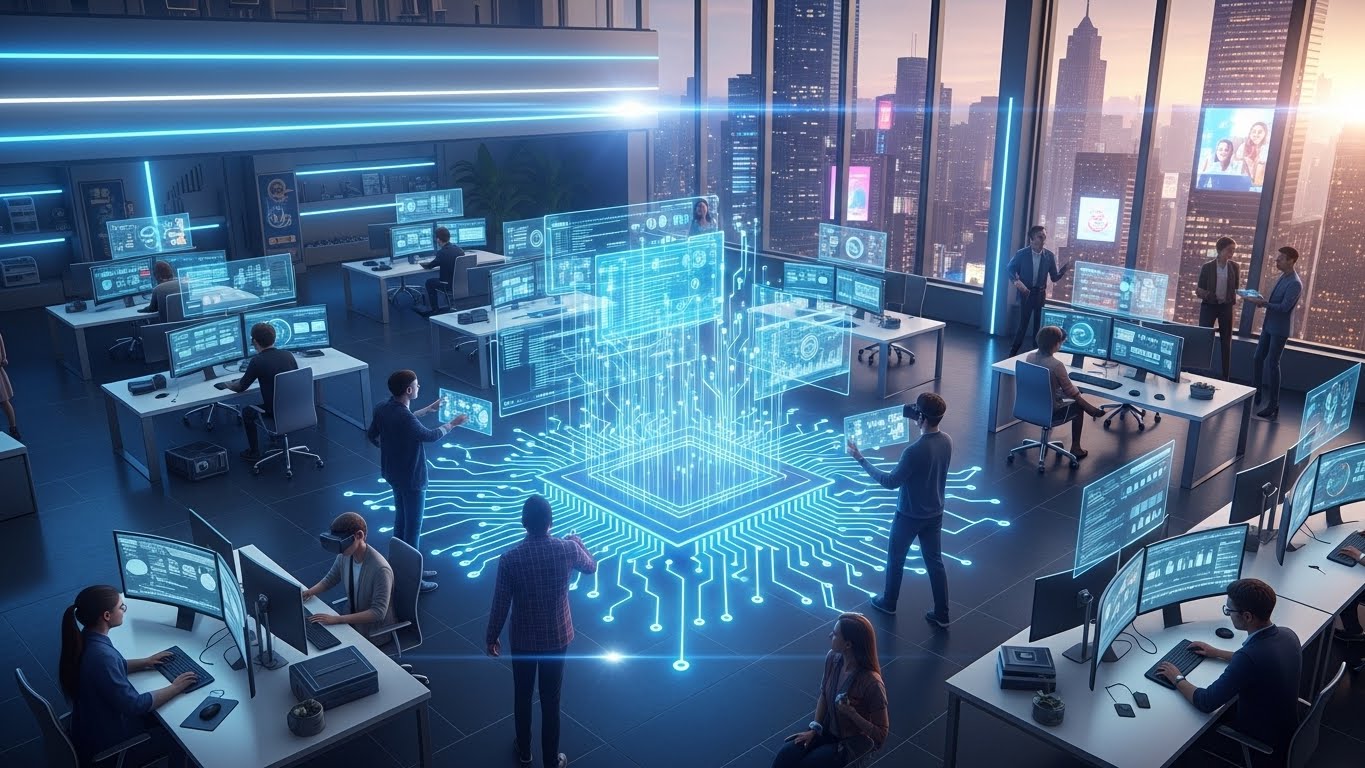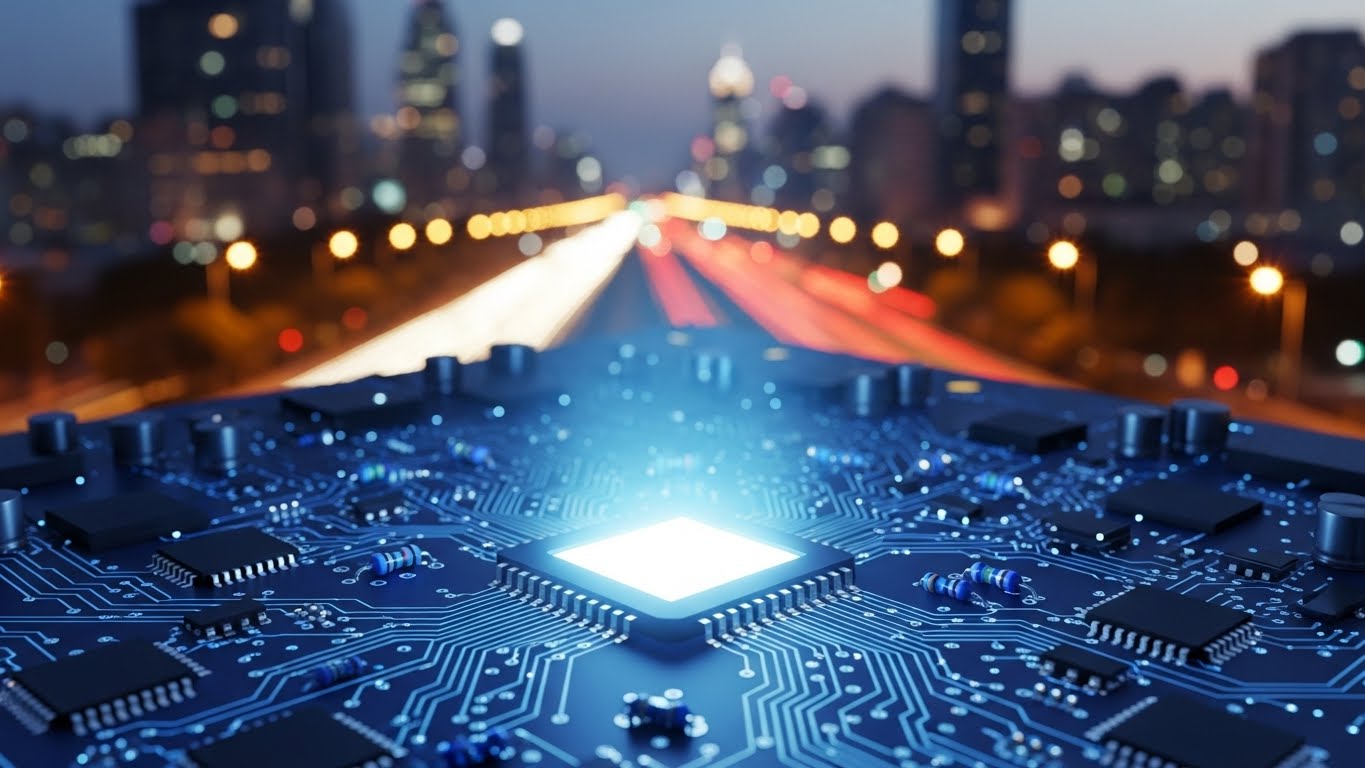Introduction: Technology as the Catalyst for Change
In today’s rapidly evolving world, technology is no longer just a tool—it is a driving force that shapes societies, economies, and individual lives. From the smartphones in our pockets to the intelligent systems managing global industries, technology has become an indispensable part of daily existence. This blog explores how technology has evolved, its transformative impact on industries and society, emerging trends, and the ethical considerations that come with such unprecedented change. The discussion highlights not only what technology is accomplishing today but also the possibilities it holds for the future.
The Evolution of Technology: From Tools to Intelligence
The story of human progress is inseparable from technological advancement. The journey from simple tools to advanced AI-driven systems highlights humanity’s continuous drive for efficiency, creativity, and problem-solving.
1. Early Technological Milestones:
Early humans relied on basic tools, fire, and agricultural innovations to survive and thrive. The wheel, lever, and simple machines increased efficiency and facilitated transportation and construction, setting the stage for more complex technological development.
2. The Industrial Revolution:
The 18th and 19th centuries brought mechanization and mass production. Steam engines, spinning machines, and factories transformed work, urbanization, and social structures. Innovations during this period laid the foundation for modern industrial economies.
3. The Digital Age:
The 20th century witnessed the birth of digital technology. Computers evolved from room-sized machines to personal devices accessible to the public. The internet connected the globe, enabling instant communication, information sharing, and the rise of entirely new industries.
4. The Mobile and Connected Era:
Smartphones, wireless networks, and cloud computing revolutionized human interaction with technology. Mobile devices became portable computers, allowing access to knowledge, social networks, entertainment, and commerce anytime, anywhere.
Computing and Artificial Intelligence: Redefining Possibilities
Computing power and artificial intelligence have become the backbone of technological progress, driving efficiency, innovation, and intelligence in nearly every domain.
1. The Evolution of Computing:
Modern computers perform billions of calculations per second, enabling complex simulations, data analysis, and automation. Cloud computing allows global accessibility, letting businesses and individuals leverage powerful systems without owning physical infrastructure.
2. Artificial Intelligence and Machine Learning:
AI enables machines to learn from data, recognize patterns, and make decisions autonomously. Its applications span from virtual assistants and predictive analytics to autonomous vehicles and personalized healthcare. AI is redefining problem-solving capabilities, making previously impossible tasks achievable.
3. Robotics and Automation:
Robotics, coupled with AI, has transformed industries. In manufacturing, robots handle repetitive tasks efficiently, while collaborative robots enhance human capabilities without replacing them. Automation extends to logistics, agriculture, and even service industries, improving productivity and accuracy.
The Internet, Connectivity, and the Rise of Digital Ecosystems
The internet is the infrastructure of modern life, connecting billions and enabling the emergence of digital ecosystems.
1. Global Connectivity:
High-speed internet and mobile networks connect individuals, businesses, and governments worldwide. Social media platforms, communication apps, and collaborative tools allow instantaneous interaction, knowledge sharing, and global teamwork.
2. Cloud Computing:
Cloud services provide scalable storage, processing, and collaboration solutions. Businesses can access tools and resources remotely, enhancing efficiency and reducing operational costs. Cloud computing supports everything from education and finance to healthcare and creative industries.
3. Internet of Things:
IoT connects physical devices to digital networks, enabling real-time monitoring, control, and optimization. Smart homes, wearable health monitors, industrial sensors, and connected vehicles illustrate how IoT is creating intelligent, adaptive environments.
Transforming Industries Through Technology
Technological innovation has redefined virtually every industry, enhancing efficiency, accessibility, and outcomes.
1. Healthcare:
Technologies such as AI-assisted diagnostics, robotic surgery, wearable health monitors, and telemedicine platforms improve patient care and accessibility. Genomic analysis and personalized medicine allow treatments tailored to individual patients, significantly enhancing outcomes.
2. Education:
E-learning platforms, virtual classrooms, and AI-based adaptive learning systems revolutionize education. Students can learn at their own pace, interact with simulations, and access educational content globally, breaking traditional barriers to knowledge.
3. Finance and Fintech:
Digital banking, blockchain, cryptocurrency, and algorithmic trading have transformed the financial industry. Financial services are now more accessible, efficient, and secure, promoting global financial inclusion.
4. Transportation and Mobility:
Autonomous vehicles, electric mobility, and AI-driven traffic systems are reshaping transportation. Smart infrastructure, predictive maintenance, and connected mobility platforms enhance efficiency, safety, and environmental sustainability.
5. Entertainment and Media:
Streaming platforms, virtual reality, augmented reality, and AI-driven content recommendations redefine how people consume media. Gaming and esports have become global phenomena, while immersive media experiences blur the line between physical and digital realities.
Ethical Considerations in the Age of Technology
As technology advances, it raises ethical questions that require careful consideration and responsible governance.
1. Data Privacy and Security:
Massive data collection increases the risk of privacy violations. Ensuring secure storage, ethical use, and protection against misuse is essential in the digital era.
2. Artificial Intelligence Bias:
AI systems can inherit biases from training data, resulting in unfair outcomes. Ethical development emphasizes transparency, accountability, and continuous evaluation to prevent harm.
3. Social and Psychological Impacts:
Digital addiction, excessive screen time, and social media dependency affect mental health and social interaction. Responsible usage, digital literacy, and education can mitigate these impacts.
4. Environmental Impact:
Technology production and usage consume resources and energy, contributing to environmental challenges. Sustainable design, energy-efficient solutions, and electronic recycling initiatives are critical for minimizing ecological footprints.
Emerging Technologies Shaping the Future
The next era of technology promises transformative possibilities across industries and society.
1. Quantum Computing:
Quantum computers leverage quantum mechanics to solve complex problems at unprecedented speeds. Applications include cryptography, climate modeling, and advanced simulations for research and innovation.
2. Blockchain and Decentralization:
Blockchain provides transparent, secure, and decentralized record-keeping. Beyond cryptocurrencies, it enables smart contracts, secure transactions, supply chain management, and digital identity verification.
3. Virtual and Augmented Reality:
VR and AR create immersive experiences for education, entertainment, healthcare, and training. They provide new ways to interact with digital content and simulate real-world scenarios.
4. Biotechnology and Health Innovation:
Technologies such as gene editing, wearable devices, and AI-driven medical research enable early disease detection, precise treatments, and improved healthcare outcomes.
5. Renewable Energy and Smart Infrastructure:
Solar, wind, AI-managed smart grids, and energy storage solutions optimize resource use and reduce environmental impact, supporting sustainable development goals.
Technology and Society
Technology is reshaping society, culture, and governance, creating both opportunities and responsibilities.
1. Globalization and Cultural Exchange:
Digital platforms enable cross-cultural communication, collaboration, and commerce, bridging geographical divides and promoting global interconnectedness.
2. Smart Cities:
IoT, AI, and data analytics enhance urban planning, energy efficiency, transportation, and public services. Smart cities aim to improve quality of life while minimizing environmental impact.
3. Remote Work and the Future of Employment:
Digital collaboration tools enable remote work and global employment opportunities. Cloud-based platforms, AI tools, and digital communication foster flexibility, productivity, and new work models.
4. Lifelong Learning:
Continuous education, skill development, and technological literacy are essential for adapting to rapidly evolving tools and platforms. Lifelong learning ensures individuals remain relevant in the digital economy.
Challenges and the Path Forward
Despite the promise of technology, challenges remain that require careful management.
1. Digital Divide:
Unequal access to technology limits opportunities and exacerbates inequality. Bridging this divide requires infrastructure investment, affordability initiatives, and education programs.
2. Ethical Governance:
Developing frameworks to guide AI, automation, and data use is essential. Governments, organizations, and societies must ensure responsible innovation that benefits all.
3. Cybersecurity Threats:
As connectivity increases, so do risks of cyberattacks, data breaches, and online fraud. Strong security measures and awareness programs are essential for protecting individuals and institutions.
4. Environmental Responsibility:
Sustainable technology practices, renewable energy adoption, and efficient resource management are necessary to balance progress with environmental stewardship.
The Future of Technology: Opportunities and Innovation
The coming years will see further integration of technology into human life, driving innovation and transformation.
1. Hyperconnectivity:
Next-generation networks, 5G technology, and IoT devices will create seamless, real-time global connectivity, enhancing communication, commerce, and collaboration.
2. Human-Machine Collaboration:
AI, robotics, and augmented intelligence will amplify human abilities. Humans will focus on creativity, strategy, and decision-making while machines handle data-intensive and repetitive tasks.
3. Personalization and Predictive Solutions:
AI-driven insights will provide highly personalized experiences in healthcare, education, finance, and entertainment, anticipating needs and optimizing outcomes.
4. Inclusive and Sustainable Innovation:
Future technology will prioritize inclusivity, accessibility, and sustainability, ensuring that the benefits of innovation are widely shared.
5. Lifelong Adaptation:
Continuous learning, digital literacy, and adaptability will empower individuals to navigate and thrive in a rapidly changing technological landscape.
Conclusion: Technology as the Cornerstone of Progress
Technology is no longer merely a tool; it is a transformative force shaping every aspect of human life. From computing and AI to IoT, blockchain, and renewable energy, technology is redefining industries, societies, and human potential.
Ethical considerations, sustainability, and inclusivity are essential to ensuring that technological advancements benefit all of humanity. The Digital Renaissance presents unprecedented opportunities for innovation, collaboration, and global progress. By embracing these technologies responsibly, humanity can build a smarter, more connected, and sustainable future.



